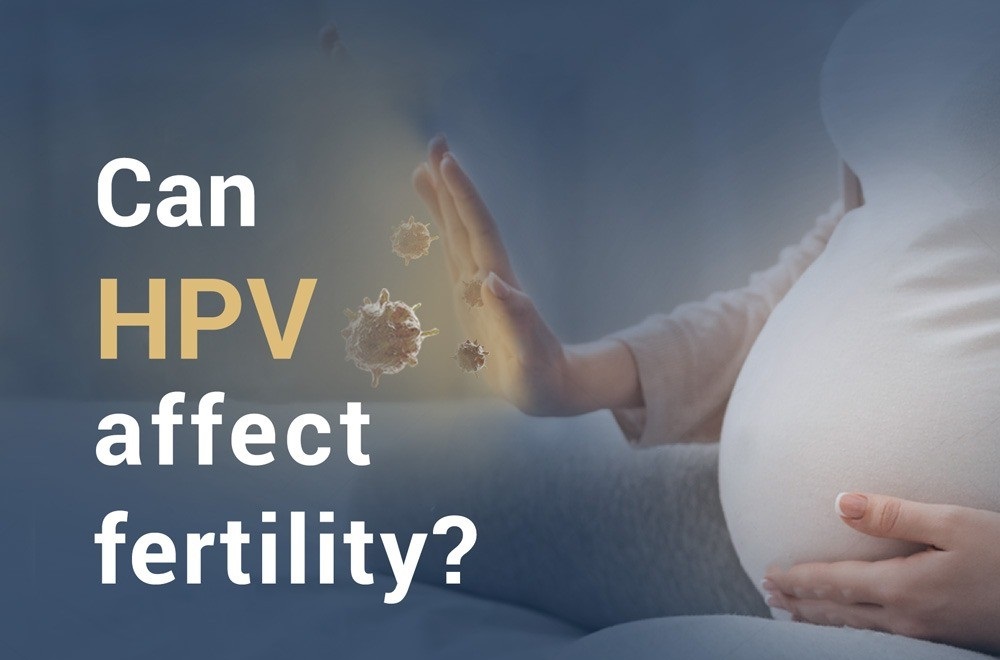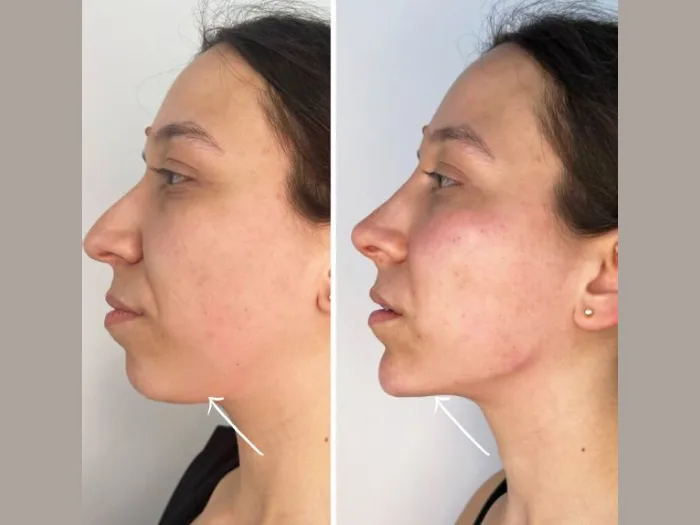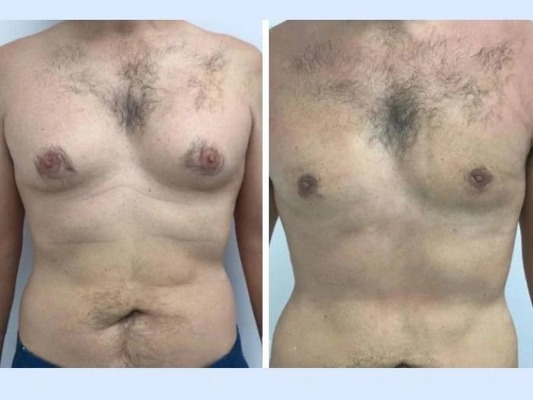Human papillomavirus (HPV) is one of the most common sexually transmitted infections (STIs) in the world. It affects millions of men and women every year, often without causing any noticeable symptoms. But for many women, one question remains top of mind: does HPV cause infertility? More specifically, can HPV cause infertility in women? In this article, we explore the connection between HPV and infertility, breaking it down in clear, simple terms so you can better understand your health.
What is HPV?
HPV refers to a group of over 100 related viruses, some of which can lead to genital warts, while others are considered “high-risk” types because they can lead to cervical cancer. The virus spreads through intimate skin-to-skin contact, most commonly during vaginal, anal, or oral sex.
Most sexually active people will get HPV at some point in their lives, but in many cases, the body clears the virus on its own without any treatment. Problems arise when high-risk HPV types persist in the body and begin to cause changes in cervical cells.
Can HPV Cause Infertility in Women?
The short answer is: HPV does not directly cause infertility. However, the long answer involves a bit more nuance. While the virus itself doesn’t target or damage reproductive organs directly, it can lead to complications that may affect a woman’s ability to conceive or carry a pregnancy to term. Let’s explore how this can happen.
1. Cervical Dysplasia and Cancer Treatments
Persistent infection with high-risk types of HPV can cause changes in the cells of the cervix, a condition known as cervical dysplasia. If left untreated, dysplasia can progress to cervical cancer.
To prevent this, women with abnormal Pap smear results may undergo procedures like:
- LEEP (Loop Electrosurgical Excision Procedure)
- Cone biopsy
- Cryotherapy
While these treatments are effective at removing abnormal cells and preventing cancer, they can sometimes affect the cervix’s ability to stay closed during pregnancy, increasing the risk of miscarriage or preterm birth.
In severe cases where cervical cancer is diagnosed, treatment may involve chemotherapy, radiation, or even a hysterectomy (removal of the uterus), all of which can severely impact or eliminate fertility.
2. Immune Response and Chronic Inflammation
Some studies suggest that chronic HPV infections might lead to prolonged inflammation in the reproductive tract. While this link is still being researched, chronic inflammation has the potential to create an environment that is less favorable for conception or for maintaining a healthy pregnancy.
3. Co-infections with Other STIs
It’s common for individuals with HPV to also have other sexually transmitted infections, such as chlamydia or gonorrhea. These infections are known to cause pelvic inflammatory disease (PID) if left untreated, which can damage the fallopian tubes and significantly increase the risk of infertility.
4. Psychological Impact
Living with an STI like HPV can take a toll on mental health and relationships. Stress and anxiety can affect hormonal balance and reproductive health. Although not a direct cause, these emotional and psychological factors may indirectly contribute to fertility challenges.
HPV in Men and Fertility
While this article focuses on women, it’s worth noting that HPV can also affect men’s fertility. Some research has shown that HPV in semen may impair sperm function or DNA integrity. Couples struggling with infertility may benefit from both partners undergoing testing and treatment if necessary.
How to Protect Your Fertility If You Have HPV
The good news is that most HPV infections do not lead to infertility. However, there are steps you can take to protect your reproductive health:
1. Get Regular Screenings
Pap smears and HPV tests can detect abnormal changes in the cervix before they become serious. Early detection is key to preventing complications that could impact fertility.
2. Follow Through with Treatment
If your doctor recommends a procedure to remove abnormal cervical cells, be sure to follow their advice. While these procedures may carry some risk, they are often necessary to prevent more serious problems like cervical cancer.
3. Get Vaccinated
The HPV vaccine (such as Gardasil 9) is highly effective at preventing infection with the most dangerous HPV types. It is recommended for boys and girls starting at age 11 or 12 but can also be given to adults up to age 45 in some cases.
4. Practice Safe Sex
Using condoms and dental dams can lower your risk of HPV and other STIs. While not 100% effective, they offer important protection.
5. Maintain a Healthy Lifestyle
A strong immune system can help your body clear HPV naturally. Eat a balanced diet, get regular exercise, avoid smoking, and manage stress to support overall health and fertility.
When to See a Fertility Specialist
If you’ve been diagnosed with HPV and are struggling to conceive after 6-12 months of trying, consider seeing a fertility specialist. They can perform tests to determine if there are any underlying issues and recommend appropriate treatments or assisted reproductive technologies (ART) such as IVF.
Conclusion
So, does HPV cause infertility? Can HPV cause infertility in women? The answer is that HPV itself does not directly cause infertility, but it can lead to complications that may impact a woman’s fertility, especially if left untreated. Regular screenings, timely treatments, safe sex practices, and vaccination are your best defenses.
If you have concerns about HPV and fertility, don’t hesitate to talk to your healthcare provider. Being proactive about your sexual and reproductive health can make all the difference for your future.



